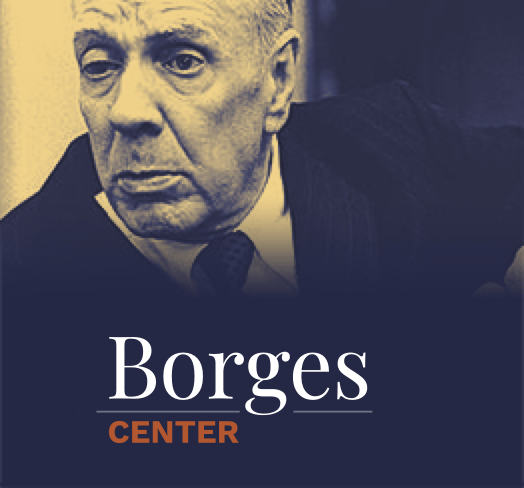Plato dialogue on political philosophy
Fishburn and Hughes: "Plato's most famous dialogue. Beginning as a discussion of the nature of justice, the Republic develops into a description of the perfect state. It is thus the earliest Utopia. The Platonic model refers to Plato's famous theory of 'forms' discussed in books 5-8, according to which there are two levels of reality, the higher level of 'forms' (or ideas) and the lower level of 'images' (or likenesses). The 'form', made by God, has an absolute existence independent of our minds, whereas its particular appearance or manifestation of it in the world, being an imperfect copy and subject to change, has inferior status. Plato does not say that the appearance is unreal: since it is a copy of a form it can partake of its reality, but it can never be fully identified with it. Differentiating between 'knowledge' and 'opinion', Plato asserts that the philosopher who is in love with truth may have knowledge of a form, since it is changeless and divine, but only 'opinion' of the changing world of appearance and sensation. This distinction gains particular relevance in its application to the Koran." (165)




